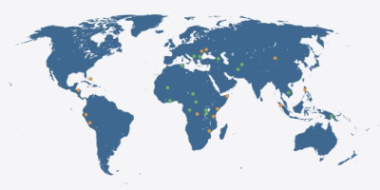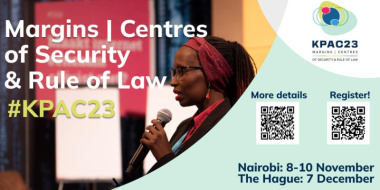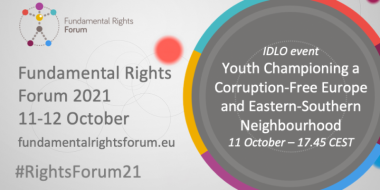Frontline Service Center opens in Ukraine
‘It is a symbol of new Ukrainian public service. It is also a symbol of change and development for the people in the occupied parts of Ukraine,’ said President Petro Poroshenko at the opening of a Public Service Center in the eastern city of Mariupol in the conflict-ridden Donetsk region.











